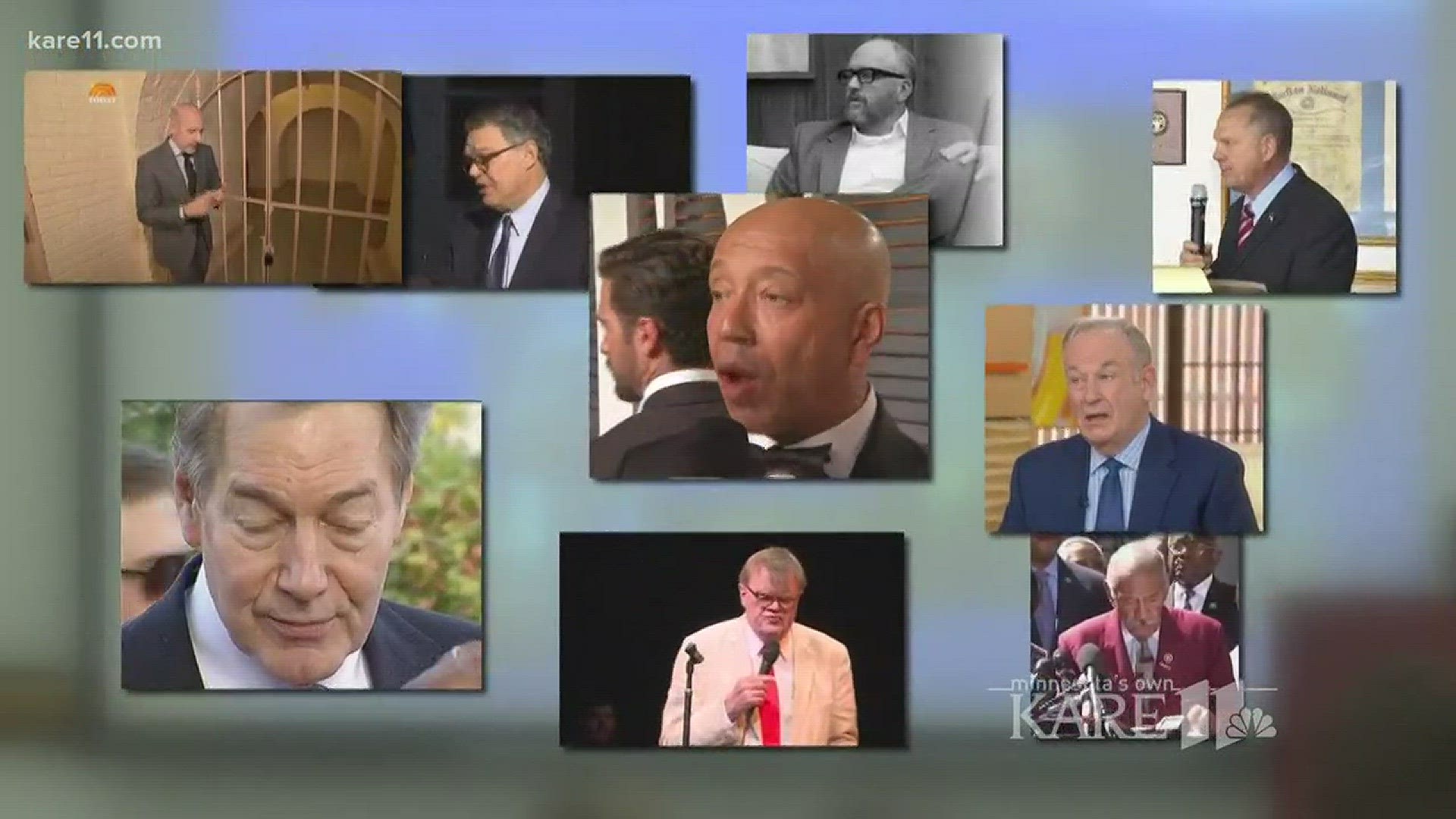MINNEAPOLIS - It seems our society has entered a new era of reckoning when it comes to sexual harassment in the workplace. Millions of voices brought out by the "Me Too" campaign have combined with the new generation to amplify the message that sexual harassment by people in power is no longer acceptable.
But with this empowerment also comes a lot of gray areas and unanswered questions: What constitutes sexual harassment? What sort of policies are effective in the workplace? What can be improved?
Caroline Palmer, public and legal affairs manager for the Minnesota Coalition Against Sexual Assault (MNCASA) presented her findings and answered questions Thursday at the University of Minnesota Humphrey School of Public Affairs.
“First of all, an organization can set the tone and say, ‘this will not be tolerated here’ and have a zero-tolerance policy that actually is followed,” said Palmer.
She says examples of giant media companies ousting high paid and powerful men for these alleged incidents can have a powerful effect on the workplace.
Palmer says sexual harassment can come in many forms and be treated differently by many human resources departments, but to cross the legal threshold, the harassment needs to result in adverse work decisions, like firing or demotion.
“Unwelcome sexual advances, requests for sexual favors, and other verbal or physical conduct of a sexual nature constitute sexual harassment when this conduct explicitly or implicitly affects an individual's employment, unreasonably interferes with an individual's work performance, or creates an intimidating, hostile, or offensive work environment,” according to the Equal Employment Opportunity Commission.
Palmer believes sexual harassment training does not do enough to stop it.
“It has to show up in other ways, in daily life at the workplace where certain activities aren't allowed and certain language is called out,” said Palmer.
Secret settlements in the US Congress, the harassment complaint process in the Legislative branch, federal laws qualifying harassment at work, all this could change, according to Palmer.
“I think it's a watershed moment and I hope people don't get completely fatigued by it,” said Sarah Averbeck, who attended the event.
“It's an issue where the entire nation has to think about what are we going to do about this,” said Simon Rosser, a public health professor at the U of M who attended the presentation.
Palmer says the answers to so many questions will have to wait, at least until the stories start to slow down.
“We are in the midst of something happening, but I think people are still trying to figure out what they want to do because it's all still coming so fast and furious,” said Palmer.

